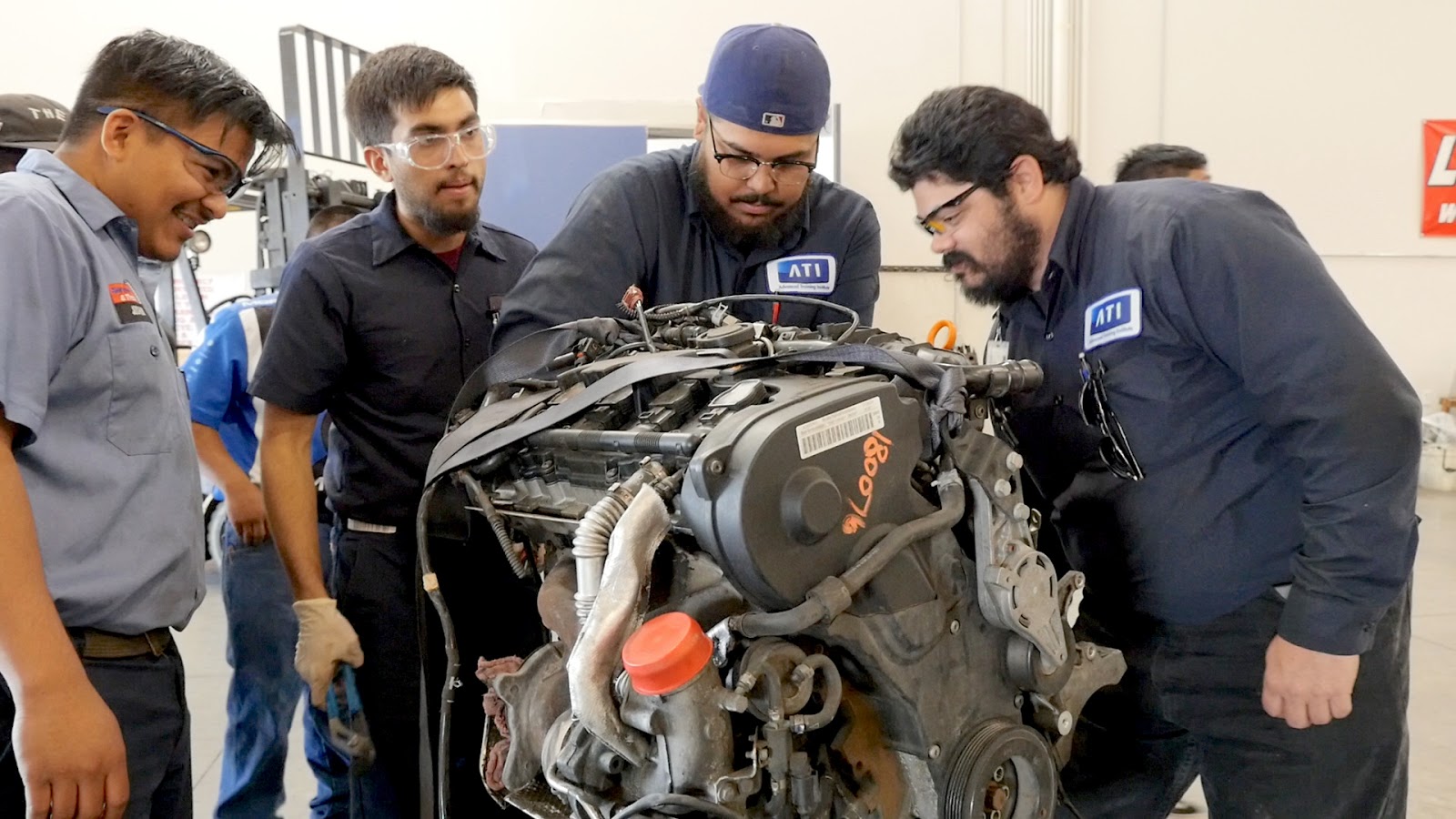Proper training is critically essential for mechanics for several reasons:
Technical Competence: Mechanics take care of complicated and evolving automotive technologies. Proper training ensures that mechanics purchase the technical skills and knowledge required to diagnose, repair, and maintain vehicles successfully. This competence is crucial for providing high-quality service to prospects.
Continue reading : Working on automobiles includes numerous safety hazards, including heavy equipment, electrical techniques, and doubtlessly harmful substances. Proper training emphasizes security protocols, procedures, and the proper use of security equipment, reducing the chance of accidents and injuries in the workshop.
Diagnostic Accuracy: Modern vehicles are geared up with superior computerized techniques. Proper coaching permits mechanics to use diagnostic instruments and interpret error codes precisely. This precision is important for identifying and addressing issues efficiently, reducing the probability of misdiagnoses and pointless repairs.
Efficiency and Productivity: Trained mechanics are more environment friendly of their work. They can troubleshoot and complete repairs extra shortly and precisely, leading to increased productiveness in the workshop. This effectivity advantages both the mechanic and the automotive service provider.
Adaptability to Technological Changes: The automotive trade is dynamic, with constant developments in know-how. Proper coaching ensures that mechanics stay updated on the latest developments, allowing them to adapt to changes in car methods, supplies, and restore methodologies.
Customer Satisfaction: Well-trained mechanics inspire confidence in customers. Customers usually have a tendency to belief mechanics who reveal experience and competence. Providing correct diagnoses and efficient repairs enhances customer satisfaction and contributes to a optimistic reputation for the mechanic and the service middle.
Regulatory Compliance: The automotive trade is topic to numerous regulations and standards. Proper training ensures that mechanics are aware of and compliant with these rules, promoting ethical and lawful practices in the workplace.

Preventive Maintenance Knowledge: Training provides mechanics with insights into preventive upkeep practices. This knowledge permits them to determine potential points before they escalate, serving to customers avoid expensive repairs and guaranteeing the longevity of their vehicles.
Professional Development: Continuous learning is crucial for professional improvement. Advanced training applications and certifications provide opportunities for mechanics to concentrate on specific areas, similar to hybrid or electrical vehicle restore, diesel engines, or superior diagnostics. This specialization can result in profession advancement and increased incomes potential.
Quality Control: Mechanics educated in quality management practices contribute to the overall high quality of automotive companies. They perceive the significance of thorough inspections, adherence to requirements, and delivering automobiles that meet or exceed buyer expectations.
Team Collaboration: In a workshop setting, correct training fosters effective communication and collaboration amongst team members. Mechanics who share a typical understanding of procedures and greatest practices can work seamlessly collectively, contributing to a harmonious and environment friendly workplace.
In summary, correct training is indispensable for mechanics because it enhances their technical proficiency, ensures safety, promotes buyer satisfaction, and supports the overall efficiency and quality of automotive companies. Continuous studying is a cornerstone of a profitable and fulfilling career in the automotive repair and maintenance industry..
